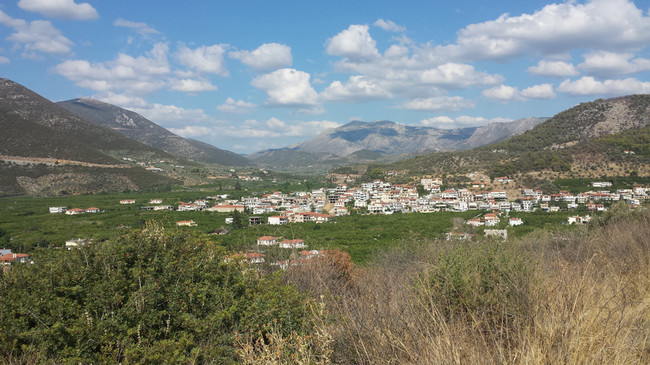Places
Landscape as Laboratory
Research in the Center for Historical Landscapes (CHiL) has a geographic focus on the Mediterranean region and the coastal areas of the American Southeast.
- These spaces have long-held societal advantages, providing for diverse food resources and enhanced communication with others.
- A large portion of the world's population lives in coastal regions. As a result, the pressures of habitation conflict with ecological conservation and the preservation of cultural, historical, and archaeological identities.
- The physical amenities of the landscape make coastal communities susceptible to the expansion of the leisure and tourism industries, further pressuring the needs of communities living at the edge.
- The ecological conditions of coastal regions are highly sensitive to environmental fluctuations. The effects of these changes are sometimes less evident in other ecological zones.
The following are either ongoing or in the formative stages of development:
- The ACE Basin is one of the largest undeveloped estuaries along the Atlantic coast of the United States, encompassing the watersheds of the Ashepoo, Combahee, and Edisto Rivers. Under cultural and environmental easements to limit development, the region represents a landscape where historical human-environmental interaction up to the mid-20th century can be observed.
- Epidauria, Greece. The broader phenomenon of Mediterranean societies is dependent upon understanding both small-scale regional histories and the ways in which these micro-regions interacted within local and long-distance engagements. The Epidauria consists of coastal and upland regions, several hydrological systems, and connectivity to places that were formative for the formation of complex social systems over the course of human history. The integrative study of geomorphological, paleoenvironmental, archaeological, and historical evidence within this region would bring to light the ways in which environmental and human systems engaged over the course of the longue durée of history.
- The greater Charleston metropolitan region provides a living laboratory that documents the sensitivity of the coastal environment to climatic fluctuations across centuries. This urban environment has progressed from walls and farms to a completely urbanized landscape of industry and high-density development.


Researching The Epidauria
The Epidauria in Greece provides for an integrative study of geomorphological, paleoenvironmental, archaeological, and historical evidence of how the environmental and human systems engaged over the course of history.
